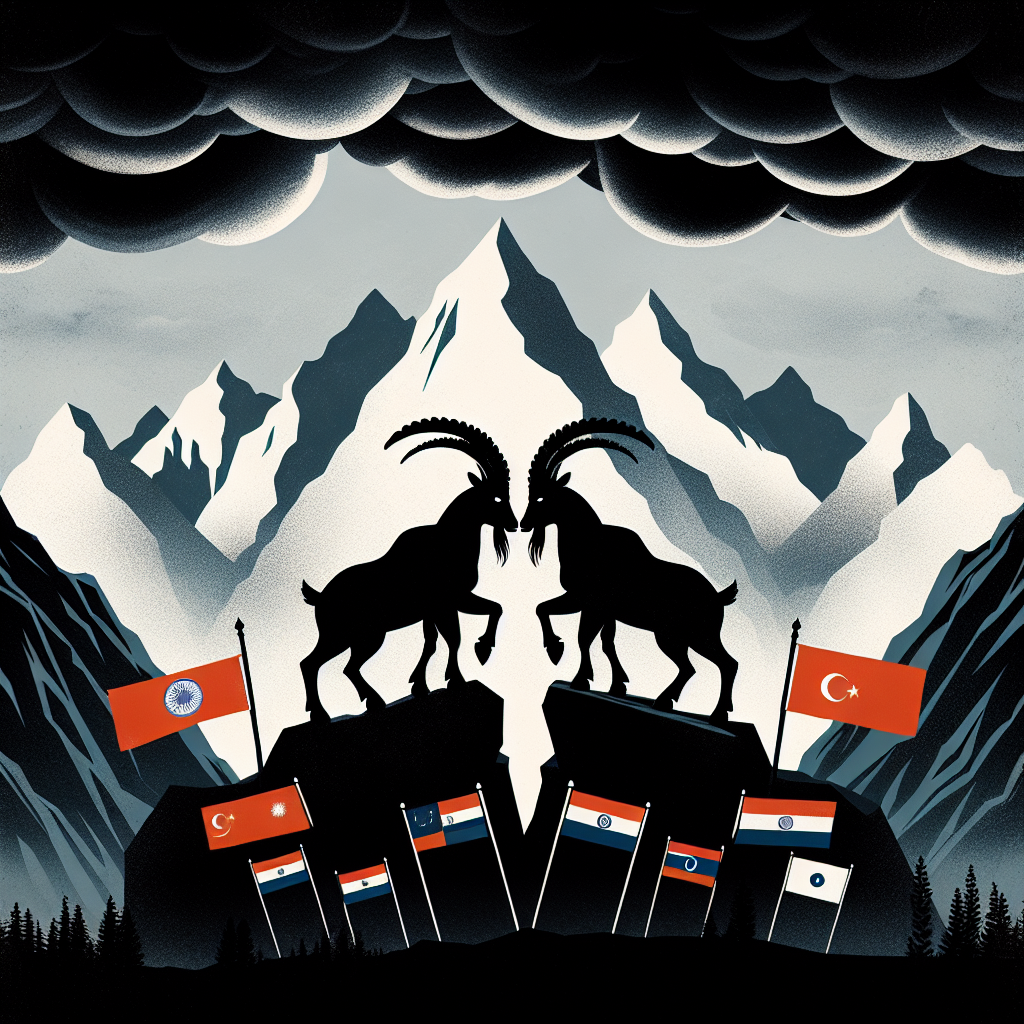Pakistan and India Exchange Blows Amid Rising Kashmir Tensions
Pakistan and India Exchange Blows Amid Rising Kashmir Tensions
Escalating Conflict in a Volatile Region
The longstanding conflict between Pakistan and India over the Kashmir region has intensified, with both nations engaging in a series of retaliatory actions. This escalation has raised concerns about regional stability and the potential for broader conflict.
Key Developments
- Military Engagements: Both countries have reported increased military activity along the Line of Control (LoC), with exchanges of artillery and small arms fire.
- Diplomatic Strain: Diplomatic relations have further deteriorated, with each side accusing the other of violating ceasefire agreements and international norms.
- Civilian Impact: The heightened tensions have led to civilian casualties and displacement, exacerbating the humanitarian situation in the region.
International Reactions
Global powers and international organizations have expressed concern over the rising tensions, urging both nations to exercise restraint and engage in dialogue to prevent further escalation.
Historical Context
The Kashmir conflict has been a flashpoint between India and Pakistan since their independence in 1947, with both countries claiming the region in full but controlling parts of it. The dispute has led to multiple wars and ongoing skirmishes.
Potential Outcomes
- Continued Military Standoff: Without diplomatic intervention, the situation may lead to prolonged military engagement.
- International Mediation: There is potential for third-party mediation to facilitate dialogue and de-escalation.
- Humanitarian Crisis: The ongoing conflict could worsen the humanitarian conditions, necessitating international aid and intervention.
Conclusion
The recent exchange of blows between Pakistan and India over Kashmir underscores the fragility of peace in the region. With both nations entrenched in their positions, the international community’s role in mediating and promoting dialogue is crucial to averting a larger conflict and addressing the humanitarian needs of those affected.






































